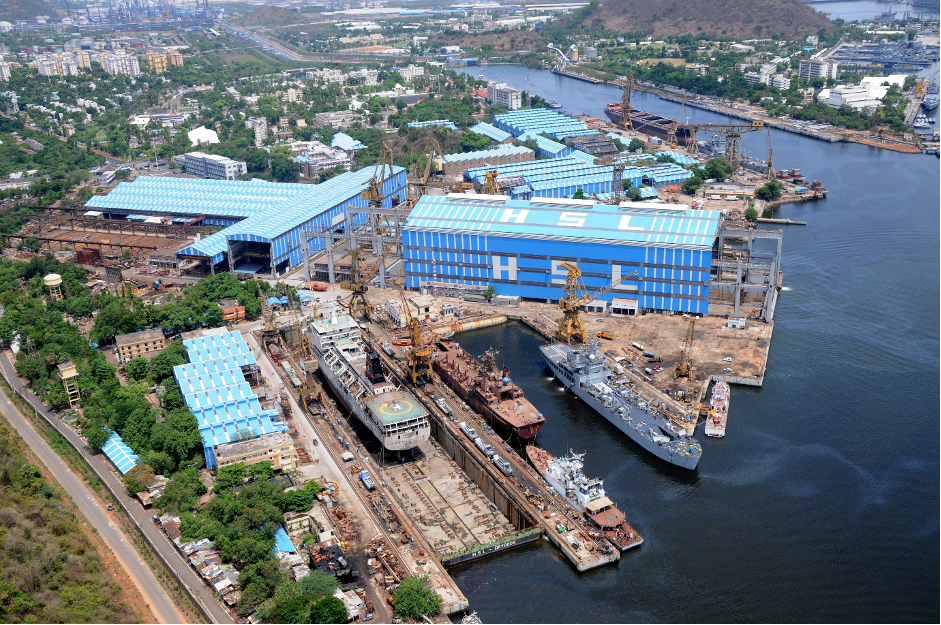SOURCE: AFI

Fueled by rising global demand and government support, the Indian shipbuilding industry is setting its sights on a larger share of the global market, with a particular focus on attracting European shipowners.
Leading the charge is Garden Reach Shipbuilders (GRSE), a state-owned shipyard under the Ministry of Defense. Last week, GRSE inked a significant deal with German firm Carsten Rehder for the construction of four multi-purpose vessels, each with a capacity of 7,500 metric tons. This agreement marks a strategic pivot for GRSE, traditionally known for building warships.
The Indian government is playing a crucial role in propelling the industry forward. Since 2016, the Shipbuilding Financial Assistance Policy has provided subsidies to domestic shipyards, reaching up to 20% in its initial years. To encourage eco-friendly practices, the policy was recently amended to offer even higher subsidies (up to 30%) for vessels powered by alternative fuels like methanol and ammonia.
This year, the government plans to further bolster the industry with an additional $600 million specifically allocated for building inland vessels. This initiative, along with existing policies, is creating a more attractive environment for shipyards to take on commercial projects.
The benefits of these measures are already evident. Earlier this month, the Goa shipyard, another government-controlled entity, secured an order from Belgian company Jan De Nul for a next-generation dredger. This vessel, designed for operation in small harbors, signifies Goa Shipyard’s growing presence in the global commercial shipbuilding market.
Meanwhile, Udupi Cochin Shipyard, a subsidiary of Cochin Shipyard, recently announced a major deal with Norway’s Wilson ASA. The contract involves the design and construction of eight 6,300-ton dry cargo vessels, with a total estimated value of $131 million.
India currently holds a minuscule share of the global shipbuilding market, dominated by giants like China, South Korea, and Japan. However, the focus on quality, competitive pricing, and the need for fleet replacement – particularly in Europe with its stringent environmental regulations – is presenting an opportunity for Indian shipyards.